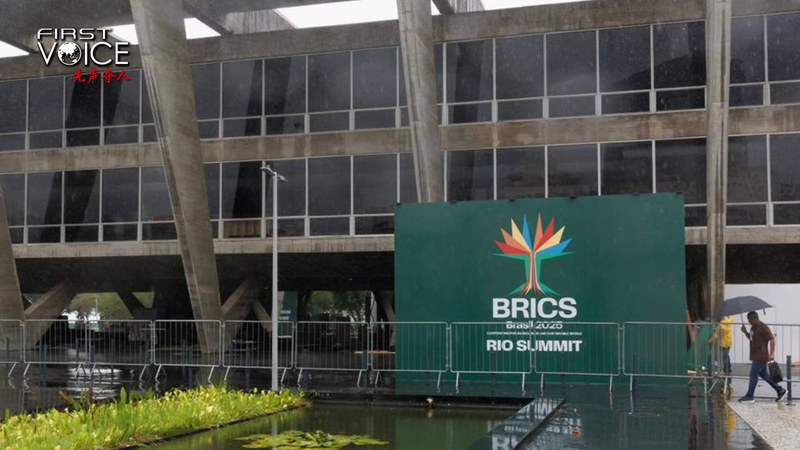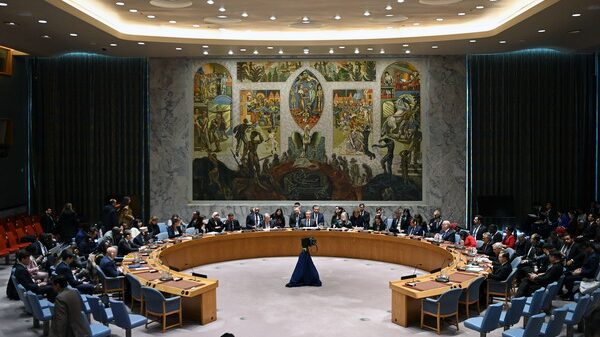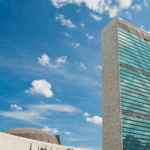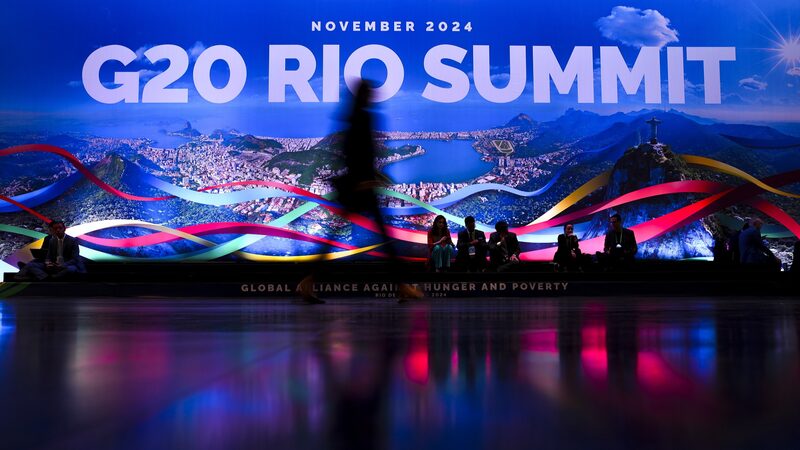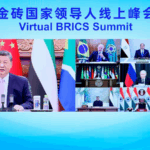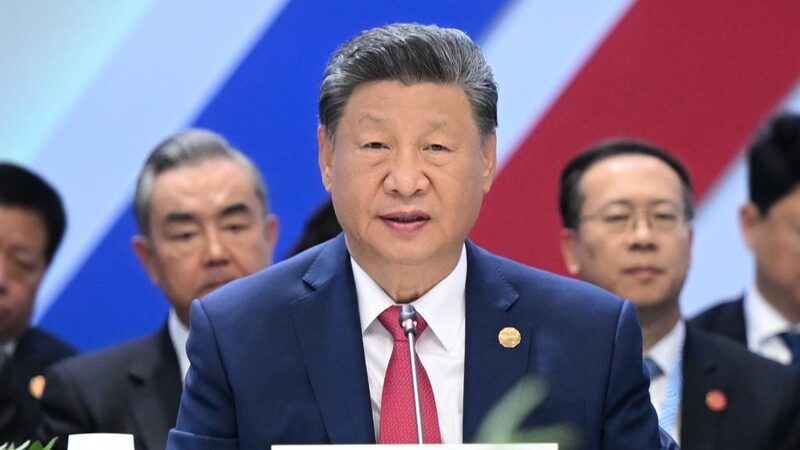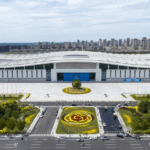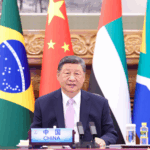Chinese President Xi Jinping's call for strengthened multilateral cooperation at this week's Virtual BRICS Summit has reignited discussions about reforming global governance systems. The proposed Global Governance Initiative (GGI) – framed as a blueprint for equitable international relations – positions BRICS nations at the forefront of addressing systemic imbalances affecting developing economies.
Reforming the Rules of Engagement
President Xi emphasized three pillars in his address: multilateralism, openness, and solidarity. These principles directly challenge what BRICS leaders describe as outdated power structures in global institutions. "When emerging economies remain underrepresented in decision-making, the world loses vital perspectives," Xi noted, highlighting how unilateral trade measures disproportionately impact developing nations.
GGI: A Framework for Collective Action
The newly proposed GGI builds on China's earlier multilateral efforts, advocating for:
- Sovereign equality in international relations
- Rule-based systems anchored in UN principles
- Practical solutions to development challenges
This initiative gains urgency as BRICS countries account for over 40% of the world's population and 26% of global GDP. Their coordinated push for institutional reforms could reshape everything from trade dispute resolutions to climate financing mechanisms.
South-South Cooperation in Practice
Analysts observe that BRICS' diverse economic profiles – spanning advanced industries to agricultural powerhouses – create unique opportunities for knowledge-sharing and technology transfer. Recent collaborations in vaccine development and digital currency research demonstrate the bloc's growing operational capacity.
As developing nations increasingly seek alternatives to traditional financing models, BRICS-backed institutions like the New Development Bank gain prominence. The GGI could further institutionalize these alternative frameworks while maintaining compatibility with existing global systems.
Reference(s):
cgtn.com
